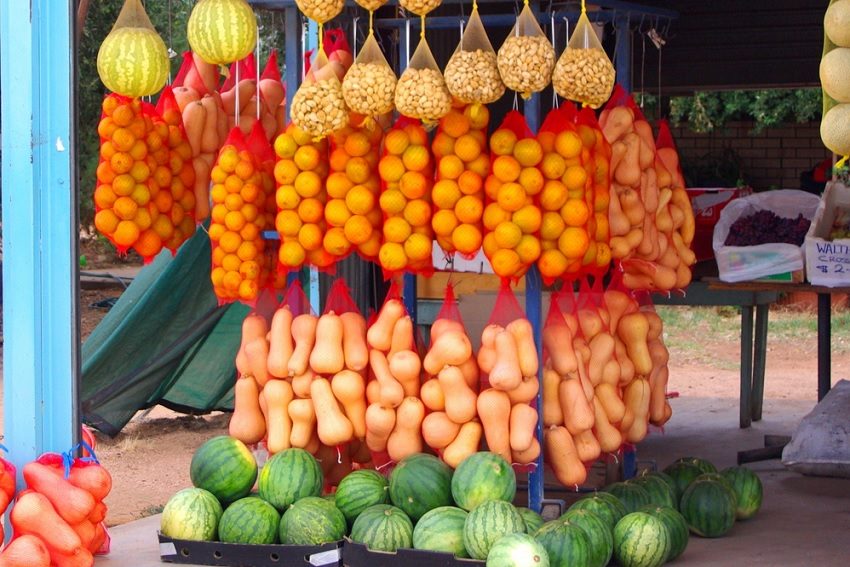Food Fraud: SA’s Reputation for Clean, Healthy Food is on the Block

As the state’s producers push further into markets overseas, the journey from paddock to plate becomes ever more complicated and more difficult to ensure safe and traceable food origins.
While the idea of counterfeit food fraud may not be front of mind for most South Australians, it is very much an issue for many overseas consumers who have been victim of food fraud scandals in the past.
Most people remember the food fraud scandals that took place in 2013 when the UK Food Standards Agency identified 100kg of imported products from Hungary labelled as “beef” which was in fact horse meat.
A lesser known fact is the effect this scandal had on the British public’s perception of home grown versus imported food. It changed overnight. In December 2012, 40 per cent of British shoppers agreed that British food was better quality than imported food; by March 2013, that figure had risen to 49 per cent.
To combat scandals such as this, the EU parliament recently passed new rules to tackle the growing risk of food fraud largely due to the impact of the 2013 horse meat scandal. However, this is not the end of the problem.
A recent study in January 2017 by the University of California found that nearly half the fish served in Los Angeles sushi restaurants were mislabelled. The study did not conclude whether it was a known fact on the part of the restaurateurs themselves or whether they too were victims of counterfeiting by their suppliers.
In March, Brazilian police concluded a two-year food fraud investigation with raids on the world’s largest poultry exporter, BRF SA, and JBS SA, the world’s biggest meatpacker.
The phenomenon at the centre of these food scandals is the globalisation of food supply chains. While it is true that Australian consumers are protected by strict domestic food regulations and tough screening on imports, the same cannot be said for our exports after they leave the country and are sold around the world.
A study by PwC and SSAFE in 2016 found that food fraud is estimated to cost the global food industry around $40 billion each year. To put that in perspective, the total value of South Australia’s agriculture and food exports this year is expected to be $3.6 billion.
Margaret Balfour, the managing director of Integrity Compliance Solutions, recently identified meat, wine, milk, fish, fruit juices, olive oil and grains being among the products most susceptible to food fraud. These products alarmingly make up a large portion of South Australia’s exported food and wine products.
The problem is particularly relevant for online retailers. In an attempt to combat the global issue, Alibaba Australia is setting up a new food trust framework to provide a “safe and trusted marketplace” for food.
PwC are excited to be providing services and advice to Alibaba to pilot this framework in Australia, with the potential to build a global model across all markets that Alibaba operates in.
The pilot will involve the development of a Blockchain-based solution for vendors whereby technology can help authenticate, verify, permanently record and provide ongoing reporting on the transfer of ownership and provenance of goods traded online.
Australia Post and vitamins giant Blackmores have also come on board to test the solution across their supply chains.
Technology such as this that can verify the provenance of food will be a game changer for the premium food and wine industry in South Australia as consumers around the world regain trust in food supply.
Any South Australian business that is currently exporting food and products to Europe, Asia or the Middle East needs to be able to prove the authenticity and origin of their product and maintain integrity in their supply chain.
The more South Australian food producers can demonstrate authenticity to consumers, the stronger their competitive advantage will be in the global marketplace.
Andrew Stewart, Senior Manager, PricewaterhouseCoopers
pwc.com.au